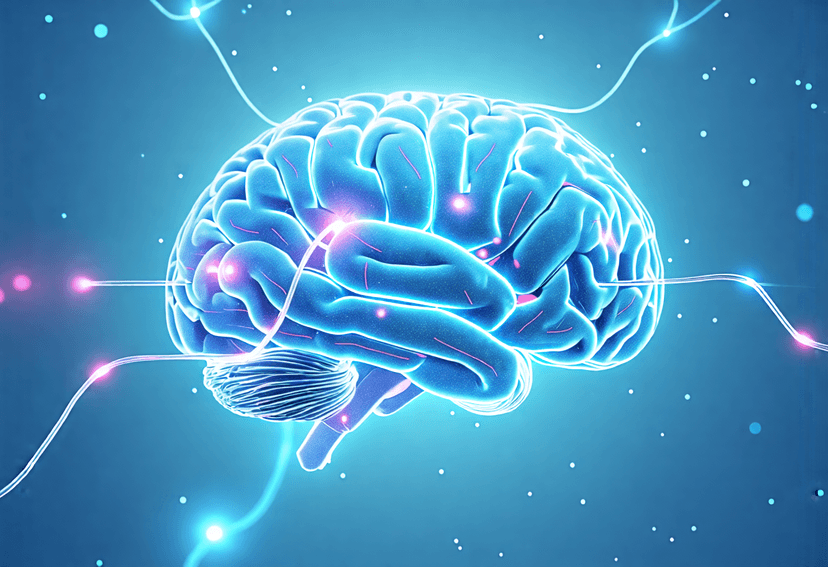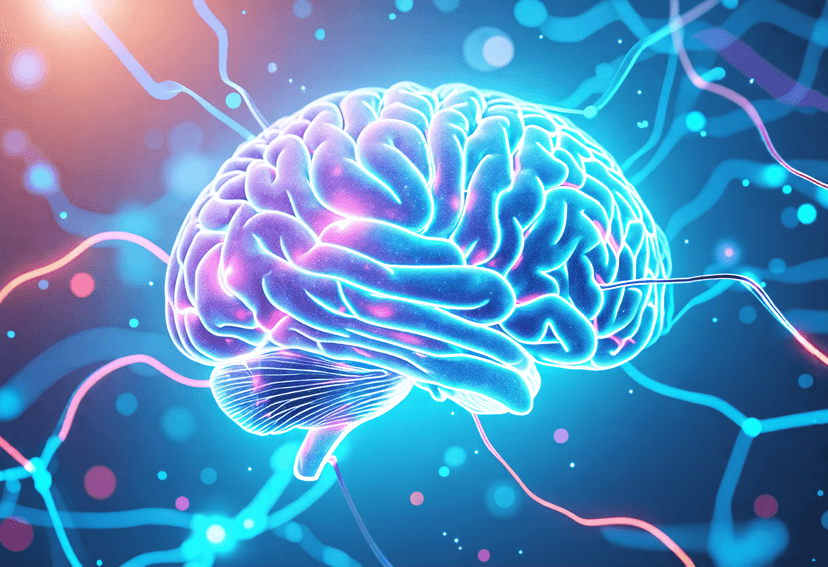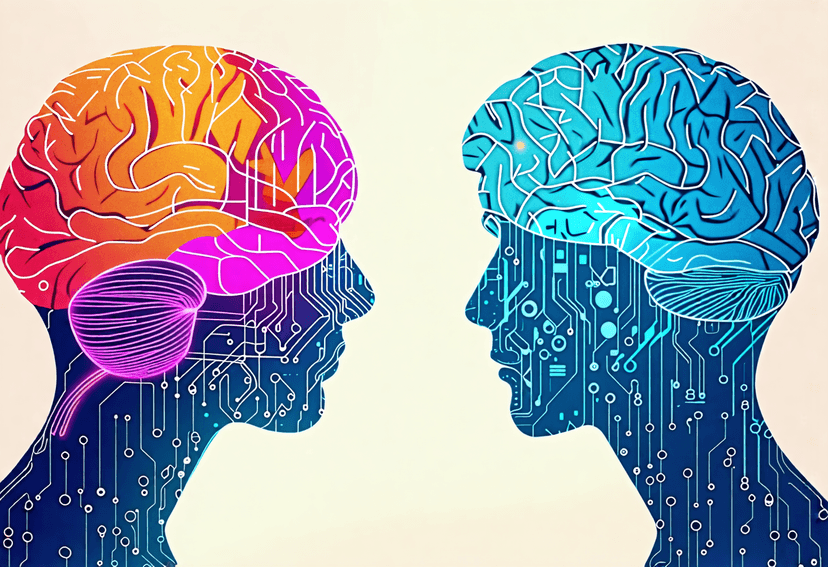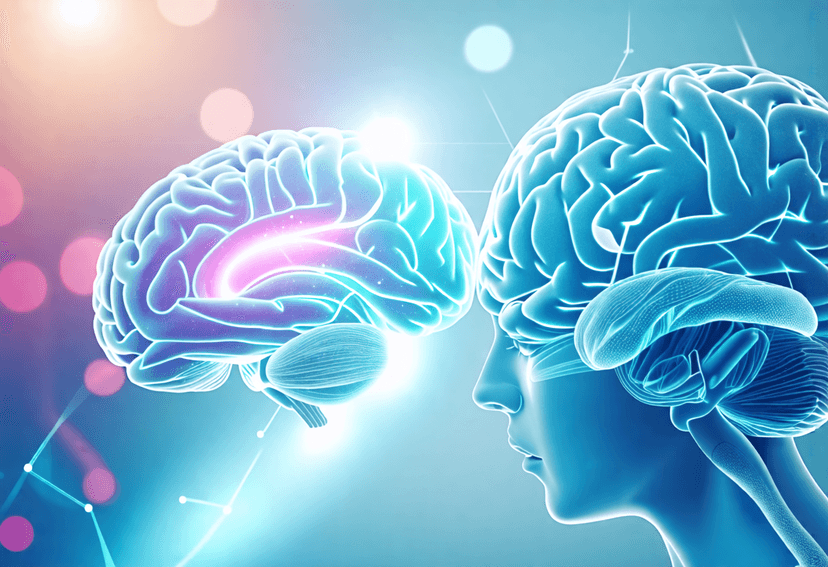
Epilepsy: Control Seizures, Improve Life
06 Nov, 2023
 Healthtrip Team
Healthtrip TeamEpilepsy is a complex neurological disorder affecting millions of people worldwide. Living with epilepsy can be challenging, but advancements in treatment options and lifestyle management have significantly improved the quality of life for those affected. In this comprehensive article, we will delve deeper into understanding epilepsy, exploring various strategies for controlling seizures, and providing detailed guidance on enhancing overall well-being while living with this condition.
Epilepsy is characterized by recurrent seizures, which are sudden and uncontrollable bursts of electrical activity in the brain. These seizures can vary in intensity, duration, and manifestation, ranging from brief lapses in awareness to convulsive movements. The underlying causes of epilepsy can be diverse, including genetics, brain injuries, infections, and structural abnormalities.
Most popular procedures in India
Controlling Seizures:
Wellness Treatments
Give yourself the time to relax
Lowest Prices Guaranteed!

Lowest Prices Guaranteed!
Effectively managing seizures is paramount in epilepsy care, and it often involves a combination of medical treatments and lifestyle adjustments tailored to each individual's specific needs. Here's a more detailed exploration of the available seizure control options:
1. Medications (Antiepileptic Drugs - AEDs):
- Foundation of Treatment: Antiepileptic drugs (AEDs) are the cornerstone of epilepsy management. They are designed to stabilize abnormal electrical activity in the brain, reducing the likelihood and severity of seizures.
- Personalized Approach: AEDs are not one-size-fits-all; the choice of medication and dosage must be personalized based on various factors, including the type of seizures, their frequency, the individual's age, overall health, and potential side effects. Close collaboration with a healthcare provider is essential to find the most effective AED regimen.
- Monitoring and Adjustment: Regular monitoring of AED effectiveness is crucial. Healthcare providers may need to adjust the medication type or dosage over time to maintain optimal seizure control while minimizing side effects.
2. Vagus Nerve Stimulation (VNS):
- Surgical Intervention: Vagus Nerve Stimulation (VNS) is a surgical procedure in which a device is implanted under the skin in the chest. This device is connected to the vagus nerve in the neck and delivers regular electrical impulses to the nerve.
- For Drug-Resistant Epilepsy: VNS is often considered for individuals with drug-resistant epilepsy, meaning they do not respond well to antiepileptic medications. VNS can help reduce the frequency and severity of seizures, offering an alternative treatment option.
- Adjustable Stimulation: The intensity and frequency of VNS can be adjusted by a healthcare provider to better control seizures. Patients may also have a magnet that allows them to manually activate the device during a seizure aura to potentially abort an impending seizure.
3. Responsive Neurostimulation (RNS):
- Advanced Surgical Procedure: Responsive Neurostimulation (RNS) represents a cutting-edge approach to epilepsy management. It involves the surgical placement of electrodes directly into the brain tissue.
- Real-Time Monitoring: These electrodes continuously monitor brain activity for abnormal patterns. When unusual activity is detected, the device delivers electrical stimulation to disrupt the seizure before it fully develops.
- For Intractable Epilepsy: RNS is particularly suitable for patients who have not responded to other treatments, including medications and VNS. It offers real-time, individualized intervention for seizure control.
4. Ketogenic Diet:
- Dietary Therapy: The ketogenic diet is a high-fat, low-carbohydrate diet that may benefit some individuals with epilepsy, especially children. It is typically administered under the close supervision of a medical team.
- Reducing Seizures: The exact mechanism behind the ketogenic diet's effectiveness in reducing seizures is not fully understood. However, it is believed that the diet alters the brain's metabolism, making it less susceptible to seizures in some individuals.
- Strict Adherence: Adherence to the ketogenic diet is critical. It requires careful planning, monitoring, and dietary adjustments to maintain the desired ratio of fats, proteins, and carbohydrates.
Epilepsy management goes beyond just controlling seizures. It involves a comprehensive approach that considers the individual's medical history, seizure type, and response to treatments. With a range of options available, including antiepileptic drugs, surgical interventions like VNS and RNS, and dietary therapy such as the ketogenic diet, individuals with epilepsy have opportunities to find personalized solutions that provide better seizure control and improved quality of life. Collaborative efforts between healthcare providers and patients are essential in determining the most effective treatment plan.
Improving Quality of Life:
Beyond the medical aspects of controlling seizures, enhancing overall quality of life is paramount for individuals living with epilepsy. Let's delve deeper into these essential strategies:
a. Lifestyle Modifications:
- Sleep Schedule: Establishing and maintaining a consistent sleep schedule is crucial. Sleep disturbances can increase the risk of seizures, so creating a sleep routine that includes a set bedtime and wake-up time can help regulate sleep patterns.
- Stress Management: Chronic stress can trigger seizures in some individuals. Learning stress management techniques such as deep breathing, meditation, yoga, or progressive muscle relaxation can be highly effective in reducing stress levels and improving overall well-being.
- Identifying Triggers: It's essential to work with a healthcare provider to identify and avoid known seizure triggers. Some common triggers include specific foods, flashing lights, and environmental factors. Recognizing and minimizing exposure to these triggers can help prevent seizures.
b. Medication Management:
- Adherence: Strict adherence to prescribed medications is crucial for seizure control. Missing doses or altering medication regimens without medical guidance can lead to breakthrough seizures. Maintaining a medication diary can help individuals keep track of their dosages and any potential side effects.
- Regular Check-Ups: Regularly scheduled follow-up appointments with a neurologist or epilepsy specialist are essential. These appointments allow for medication adjustments, monitoring of side effects, and discussions about treatment progress.
c. Education and Support:
- Support Groups: Joining epilepsy support groups can provide a sense of community and understanding. Meeting others who share similar experiences can reduce feelings of isolation and offer valuable insights into coping strategies.
- Educational Programs: Attending epilepsy educational programs can empower individuals and their families with knowledge about the condition. Understanding epilepsy, its management, and available resources can lead to more informed decisions about treatment and lifestyle choices.
- Seizure Recognition and Response: Learning how to recognize and respond to different types of seizures is crucial. Family members, friends, and caregivers should be educated on what to do in case of a seizure, including basic first aid techniques and when to seek emergency medical assistance.
d. Self-Care:
- Exercise: Regular physical activity can help improve overall health and well-being. Consult with a healthcare provider to determine a suitable exercise routine, taking into consideration individual fitness levels and any potential seizure triggers.
- Relaxation Techniques: Incorporating relaxation techniques such as mindfulness meditation, progressive muscle relaxation, or biofeedback can help reduce stress and anxiety, which are often associated with epilepsy.
- Diet and Hydration: Maintaining a balanced diet and staying hydrated are fundamental aspects of self-care. Some individuals with epilepsy may benefit from specific diets, like the ketogenic diet, under the guidance of a healthcare professional.
e. Seizure Response Plan:
- Communication: Creating a comprehensive seizure response plan is crucial for personal safety. Inform family members, close friends, and coworkers about the individual's condition and what to do in case of a seizure. Clear communication can provide a sense of security and minimize confusion during an episode.
- First Aid Training: Encourage those in the immediate vicinity to undergo basic first aid training to ensure they can provide assistance during a seizure. Knowing how to protect the person from injury and when to call for medical help is vital.
In conclusion, while controlling seizures is a primary concern for individuals with epilepsy, improving their quality of life involves a holistic approach. Lifestyle modifications, medication management, education, self-care, and having a well-thought-out seizure response plan can collectively empower individuals to lead fulfilling lives while effectively managing their condition. By addressing the medical and non-medical aspects of epilepsy, individuals can achieve a better quality of life and greater peace of mind.
Related Blogs

Deep Brain Stimulation: A Beacon of Hope for Epilepsy Patients
Discover how Deep Brain Stimulation is transforming the lives of

The Future of Epilepsy Treatment
Advancements in epilepsy treatment, and what to expect in the

Epilepsy and Travel: What You Need to Know
Tips and precautions for traveling with epilepsy, and how to

The Impact of Epilepsy on Relationships
How epilepsy affects relationships, and tips for maintaining strong bonds.

Epilepsy and Exercise: Is it Safe?
The benefits and risks of exercise for individuals with epilepsy,

The Role of Diet in Epilepsy Management
How dietary changes can help manage epilepsy, and what foods










